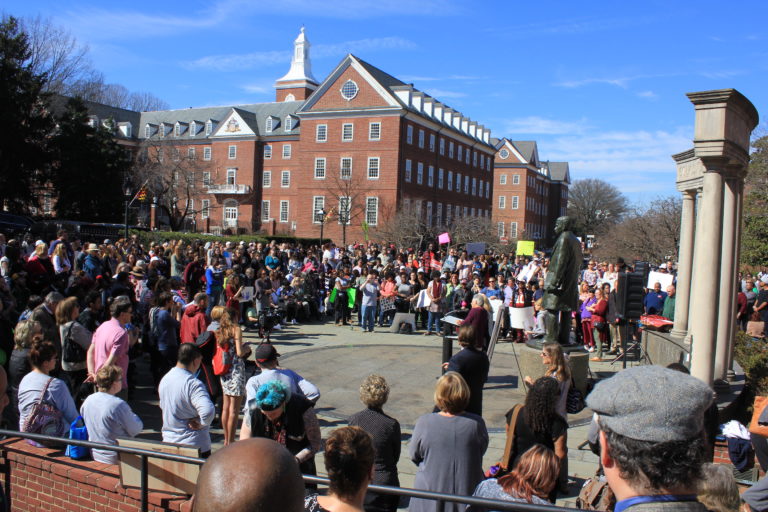
The Maryland General Assembly passed the Heroin and Opioid Prevention Effort (HOPE) Act of 2017 (SB967/HB1329), today, a comprehensive behavioral health measure aimed at expanding treatment options for those with mental health and substance use disorders and allocating more resources to reducing opioid dependency in Maryland.MHAMD and the Maryland Behavioral Health Coalition worked with legislators throughout the session to refine various provisions of the HOPE Act. The act includes Keep the Door Open Act provisions to properly resource community mental health and substance use providers.
Within its wide range of provisions, the HOPE Act:
- Requires specified increases in funding for community behavioral health services (Keep the Door Open Act). Payments to providers increase by 3.5% in each of the next two fiscal years, and by 3% the following year. The bill also requires that the Behavioral Health Administration and Medicaid, in consultation with stakeholders, conduct a rate-setting study for community behavioral health services and implement a payment system based on the findings. The study must be completed by September 20, 2019.
- Requires the establishment of behavioral health crisis treatment centers consistent with forthcoming recommendations from the Maryland Behavioral Health Advisory Council, and requires at least one crisis center be established by June 1, 2018.
- Makes expansion and promotion of the statewide 24/7 crisis hotline a statutory requirement, and requires hotline staff to be trained to screen callers for mental health and substance use disorder needs, conduct risk assessment for overdoses and suicides, and connect callers to appropriate behavioral health resources and supports.
- Repeals a requirement that an individual be trained in overdose identification before receiving the overdose-reversal medication naloxone from a pharmacist.
- Requires hospitals to have protocols for discharging patients treated for a drug overdose or identified as having a substance use disorder. The protocols may include coordination with peer recovery counselors, connection to a community-based treatment, a prescription, etc.
- Requires development of a plan for increasing substance use disorder treatment in jails and prisons.
Measures like the HOPE Act pass with the continued support of behavioral health activists like you. Between rallying in Annapolis for expanded behavioral health services, testifying in legislative hearings and calling and emailing legislators, your voices were heard by Maryland legislators.
For more information, view MHAMD’s Legislative Wrap-Up and Final Bill List. Send MHAMD’s Legislative Updates straight to your inbox by signing up for our mailing lists.




